What Could Possibly Go Wrong?
The plethora of health apps and devices are mostly coming from tech startup founders who know less than medical professionals and researchers about the human body’s complexities. The IT industry also frequently runs afoul of the strict regulations that govern medical and health devices and treatments. This disconnect has led to devices that aren’t always accurate or well-grounded in medicine and human biology, a gap between IT and biomedicine that is lessening as engineers and biologists work better to connect their worlds.
Personal data and financial safety are also at risk. Unscrupulous marketers of health apps will have the means and profit motive to target those with health vulnerabilities. We’ll need to develop safeguards and establish ethics rules and laws to better protect people from potential abuses of their digital health data by hackers, advertisers, companies and governments.
We found that app development processes significantly lack the involvement of relevant healthcare professionals or agencies. … Their absence from the process can lead to poor quality of content.
Saba Akbar et al
Center for Health Informatics, Macquarie University
